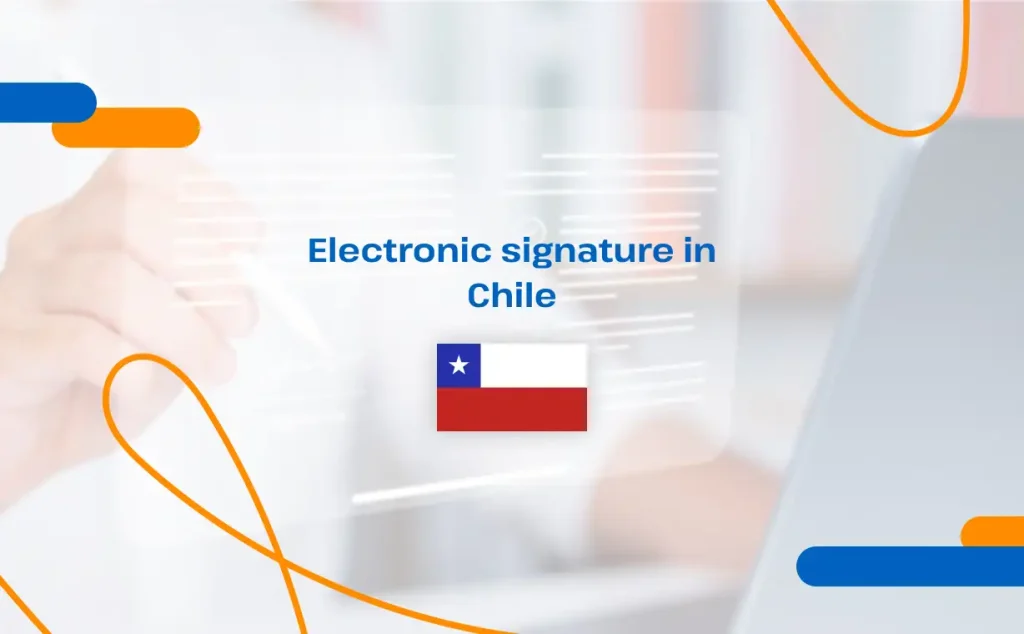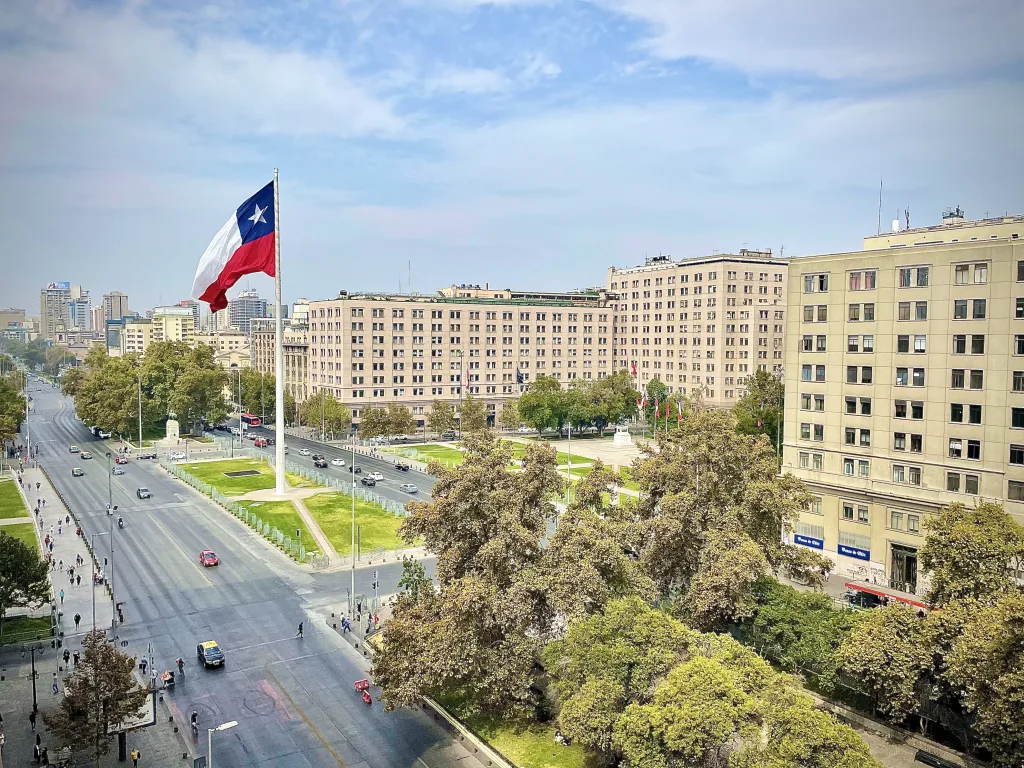 Updated December 2023
Updated December 2023
The electronic signature must guarantee the authenticity, confidentiality and integrity of the signed message or document. For this purpose, different authentication methods or factors or identity data are used. The main types are:
- Digital signature: It is a numerical value that is added to a message or document and guarantees its integrity and authenticity by means of asymmetric cryptography and a digital certificate.
- Electronic signature: Any method that makes it possible to identify a person in relation to a message or document.
- Certified electronic signature: Any method of electronic signature made with identity factors or data, which includes a digital certificate to guarantee its security and integrity.
Legal validity of electronic signatures in Chile
The main regulation on electronic signatures in Chile is Law Nº19.799: On Electronic Documents, Electronic Signature and Certification Services of Such Signature. This law defines and regulates the different types of electronic signature, including the Simple Electronic Signature (FES) and the Advanced Electronic Signature (FEA).
It also establishes that acts and contracts executed or entered into by individuals or legal entities, signed by means of electronic signatures, shall be valid in the same manner and shall produce the same effects as those executed in writing and on paper. Such acts and contracts shall be deemed to be in writing, in those cases in which the law requires them to be so recorded, and in all those cases in which the law provides legal consequences when they are also recorded in writing.
As mentioned above, in Chile there are two types of electronic signature, required according to the nature of the documents to be signed, their evidentiary value and the security used, both in their creation and in their use.
- Simple Electronic Signature (FES)
It is one that allows the recipient of an electronic document to identify at least formally its author and can be used in the issuance of various documents. Common uses include simple powers of attorney, agreements or consensual contracts.
- Advanced Electronic Signature (AES)
It is certified by an accredited provider, which ensures the integrity of the electronic document that has been signed, the identification of the signer, preventing the signer from being unaware of having issued it and allowing the detection of any modification to the document.
Which documents require a simple electronic signature and which require an advanced electronic signature?
- Simple Electronic Signature
It is intended for electronic documents that do not constitute a “public instrument”. For example, for all those documents exchanged within a public service, or for all those communications sent to citizens, which are not public instruments. It is mostly used for authentication at the SII and for invoicing.
- Advanced Electronic Signature
Its use is mandatory only for those documents that have the nature of a public instrument or that it is desired to produce the legal effects of these. For example, administrative acts formalized by means of electronic documents and that consist in decrees or resolutions, in agreements of collegiate bodies, as well as the conclusion of contracts, the issuance of any other document that expresses the will of an organ or public service of the State Administration in the exercise of its legal powers. They are mostly used to sign documents that have effects with third parties or for the creation of a company in one day.
How to obtain an Electronic Signature / Digital Certificate in Chile
In order to obtain the Electronic Signature or Digital Certificate, in principle, only the Identity Card Number and the Run are required. Depending on the type of signature, other documents will be required. If you purchase an Advanced or Notary Electronic Signature, you must have an e-token device to be able to operate with your signature. If you already have this device you will not need to purchase another one to renew your electronic signature.
Other regulations on electronic signatures in Chile
- Supreme Decree No. 181 of 2002. Approves Regulation of Law 19.799 on electronic documents, Electronic Signature and the Certification of such signature. Last version in 2014.
- Supreme Decree No. 83 of 2005. Approves the technical norm for the organs of the state administration on security and confidentiality of electronic documents.
- Law No. 20,217 of 2007. Amends the Code of Civil Procedure and Law No. 19.799 on electronic documents, electronic signature and certification services of such signature.certification services of such signature.
- Supreme Decree No. 154 of 2012. Amends Decree No. 181 of 2002, which approves the Regulation of Law No. 19,799, on electronic documents, electronic signature and the certification of such signature.
- Supreme Decree No. 14 of 2014. Amends Decree No. 181 of 2002, which approves the Regulation of Law No. 19,799, on electronic documents, electronic signature and the certification of such signature.
- Decree No. 24 of 2019. Approves Technical Standard for the provision of the Advanced Electronic Signature certification service.

Viafirma is a registered trademark in Chile
Viafirma is a registered and recognized trademark in Chile since December 30, 2022 by the National Institute of Industrial Property (INAPI).
If you are looking for an electronic signature solution for documents in Chile, Viafirma has the solution that adapts to your needs.
Contact us and we will inform you about our electronic signature products and solutions.